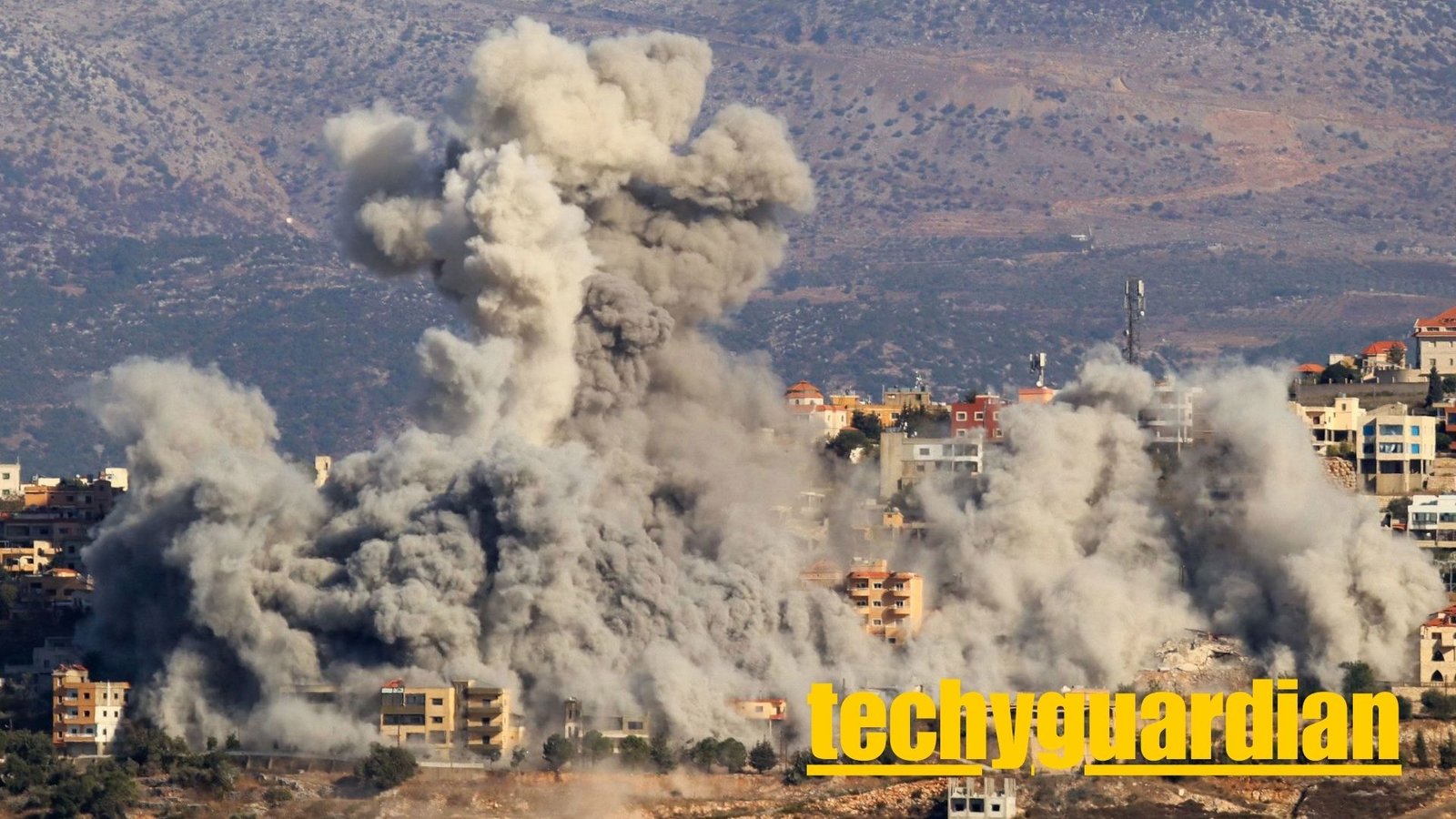
440 Hezbollah fighters
Overview of the Recent Conflict
Israel has reported that 440 Hezbollah fighters have been killed in its ongoing ground offensive in Lebanon. This military action marks a significant escalation in the conflict between Israel and Hezbollah, a powerful militant group based in Lebanon. The situation has rapidly deteriorated since early October 2024, with both sides engaging in intense military operations.
Background of the Hostilities: 440 Hezbollah fighters
The roots of this conflict can be traced back to longstanding tensions between Israel and Hezbollah, which have been exacerbated by regional dynamics involving Iran. Following a series of violent exchanges that began nearly a year ago, including rocket attacks and airstrikes, both sides have ramped up their military responses. The recent escalation was ignited by Israel’s assassination of Hezbollah leader Hassan Nasrallah, which intensified retaliatory actions from the group.
Recent Developments: 440 Hezbollah fighters
In the past week alone, Israel has launched hundreds of airstrikes targeting Hezbollah positions across Lebanon. These strikes have resulted in significant casualties not only among Hezbollah fighters but also among civilians. Reports indicate that over 100 fatalities occurred in just one day of attacks, leading to widespread destruction and displacement in southern Lebanon.
Key Events Leading Up to the Offensive
- Assassination of Hassan Nasrallah: The killing of Hezbollah’s leader on September 27, 2024, marked a turning point in the conflict.
- Increased Rocket Attacks: In retaliation, Hezbollah launched over 100 rockets into northern Israel, prompting further Israeli airstrikes.
- Civilian Impact: The violence has forced tens of thousands of people to flee their homes, with reports indicating that both sides have suffered heavy civilian casualties.
Implications for Regional Stability
The ongoing conflict poses serious risks not only for Israel and Lebanon but also for the broader Middle East. Analysts warn that if hostilities continue to escalate, it could lead to an all-out war involving multiple regional players. The potential for Iranian involvement further complicates the situation, as Iran supports Hezbollah and could escalate its military actions against Israel.
Conclusion
As both sides remain entrenched in their positions, the international community is closely monitoring the situation. Diplomatic efforts are needed to prevent further escalation and to seek a resolution that could stabilize the region. The claims by Israel regarding Hezbollah casualties highlight the severity of the conflict and underscore the urgent need for dialogue to avert a wider war.
Related Articles:
Iran’s supreme leader Ali Khamenei holds rifle by side for sermon
Iran’s Latest Missile Attack on Tel Aviv
Israel’s Ground Attack on Lebanon: A Turning Point in History




